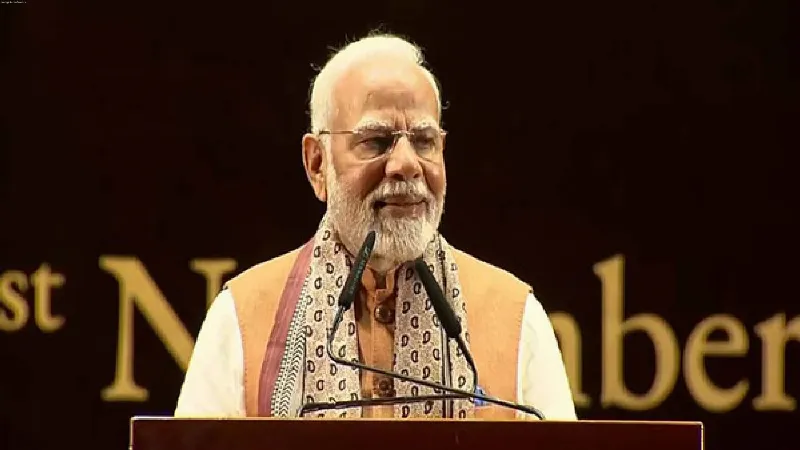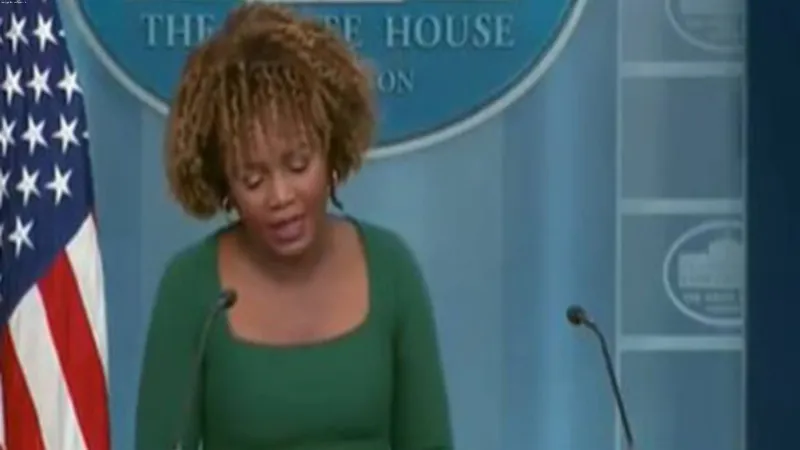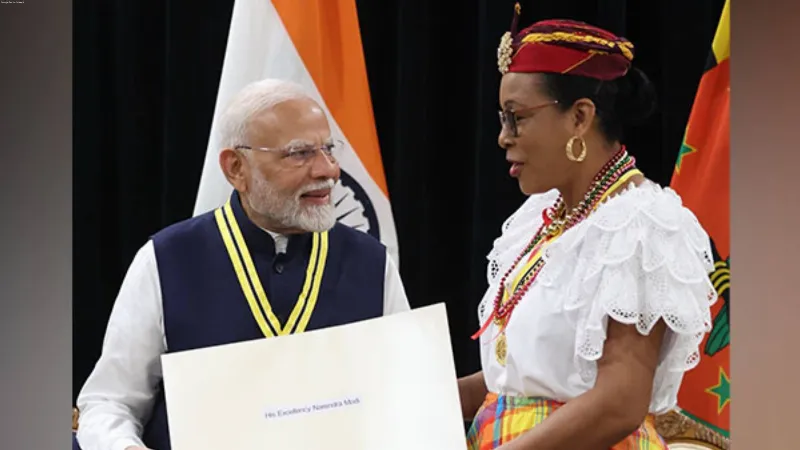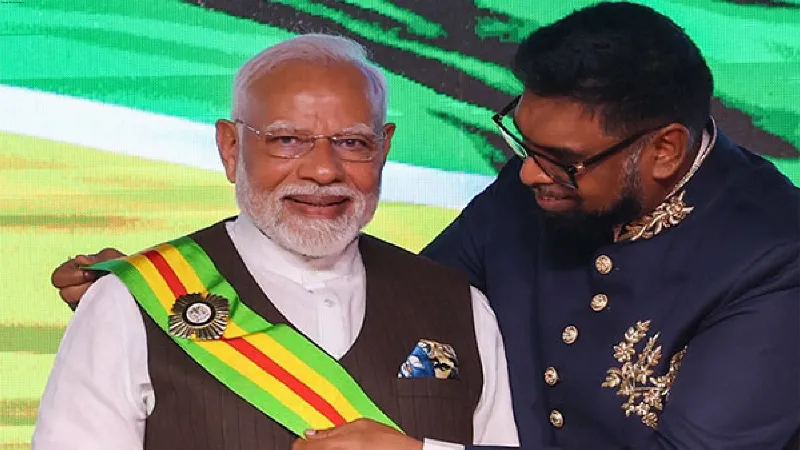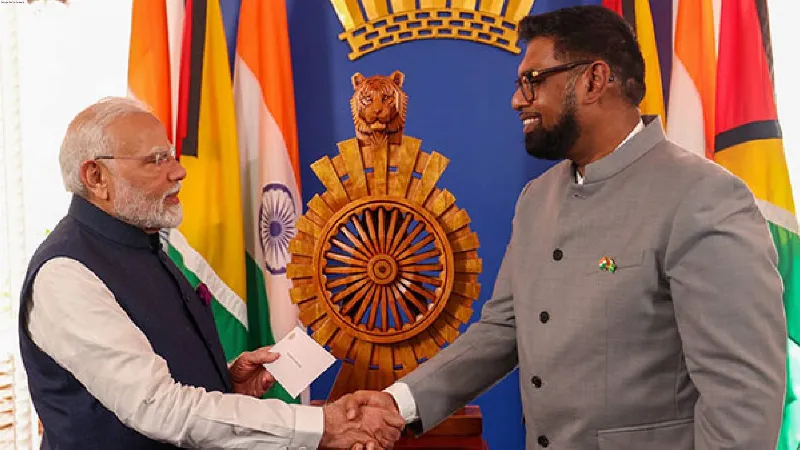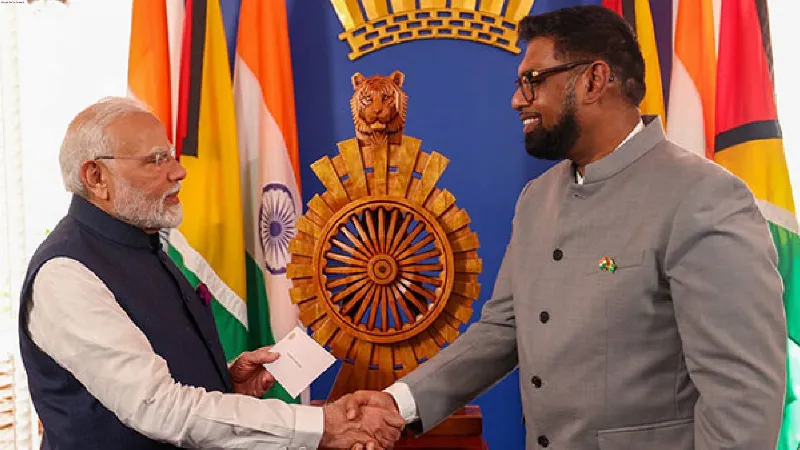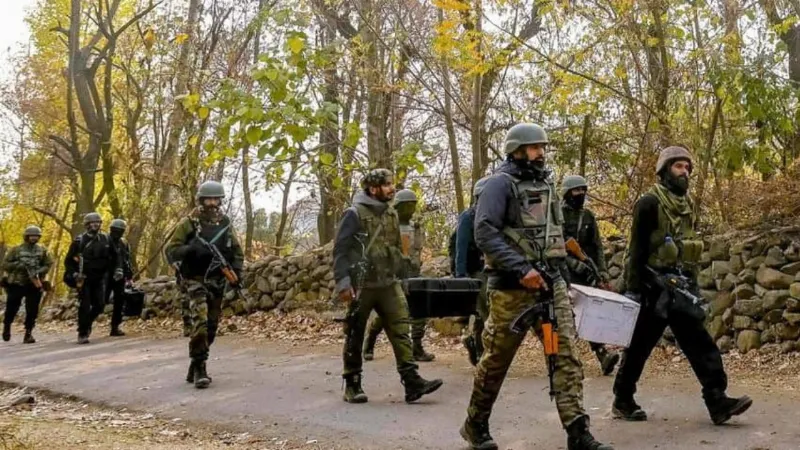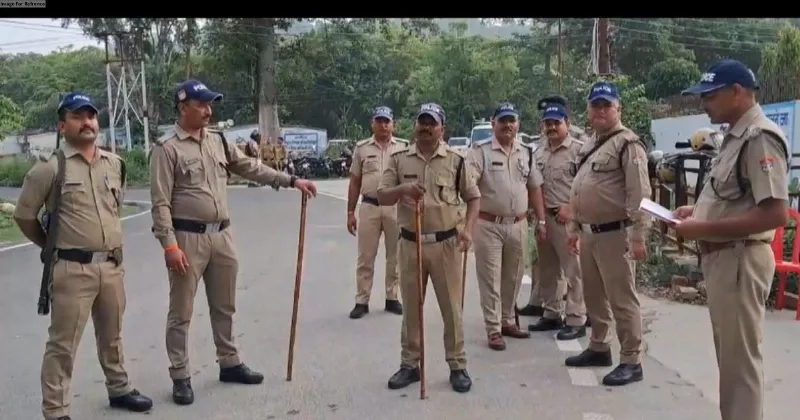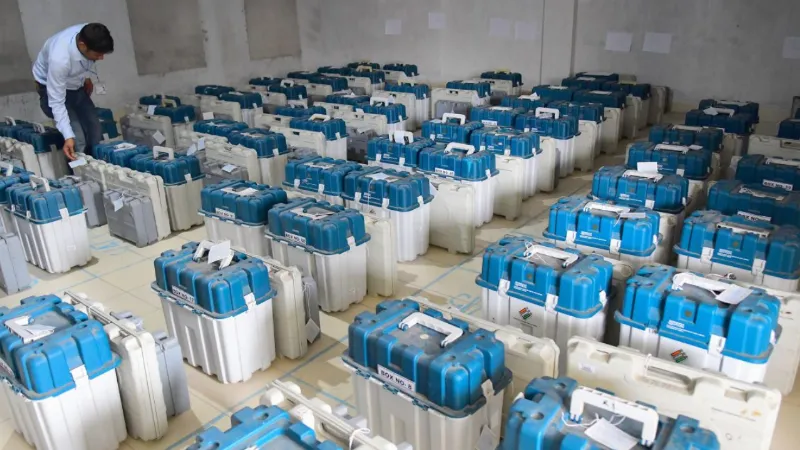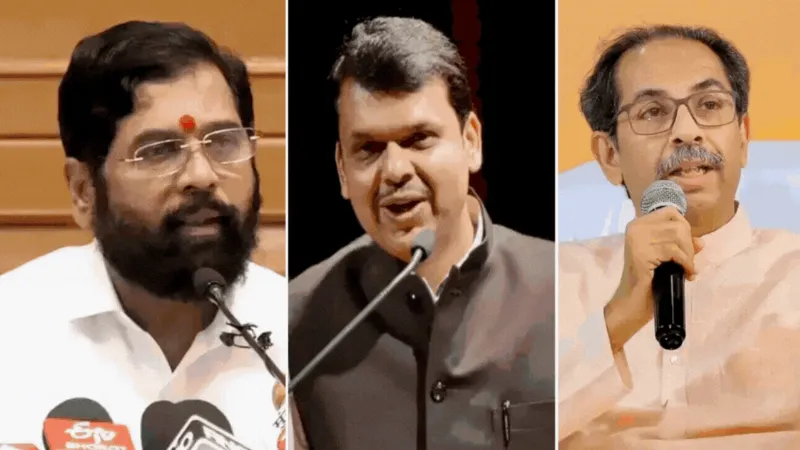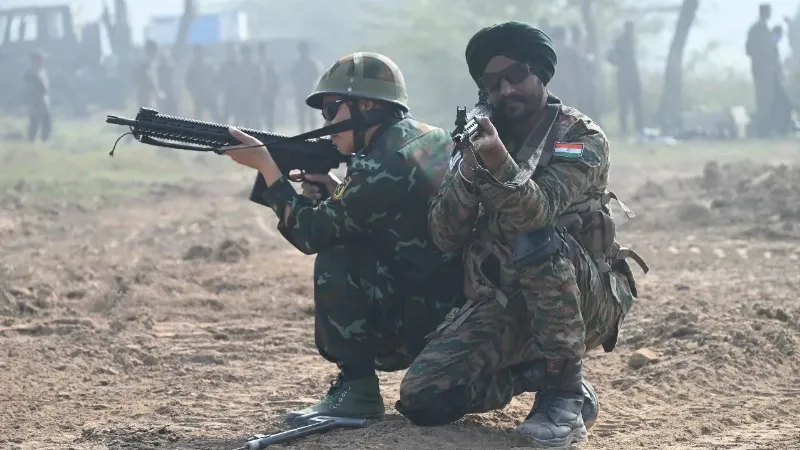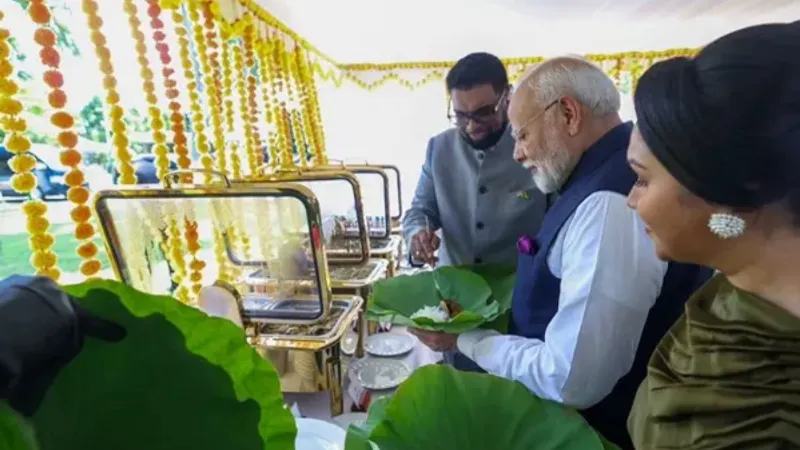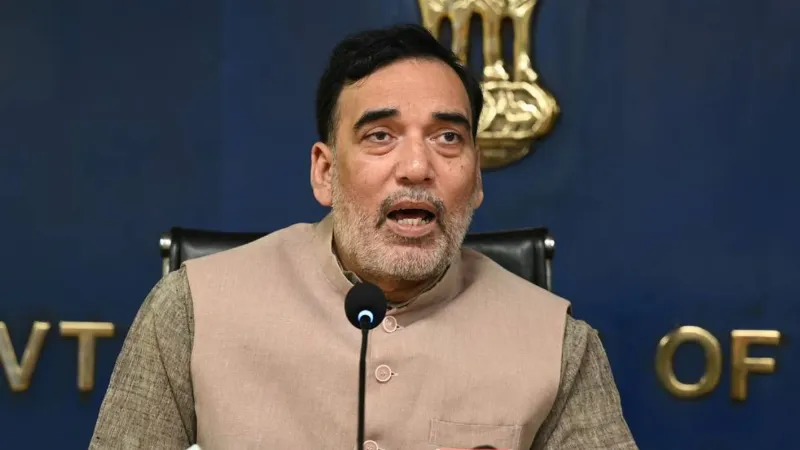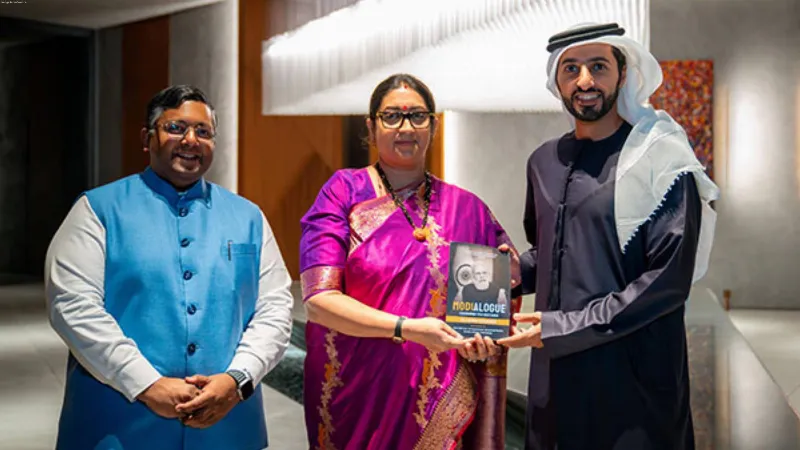Two TTP terrorists arrested in Karachi
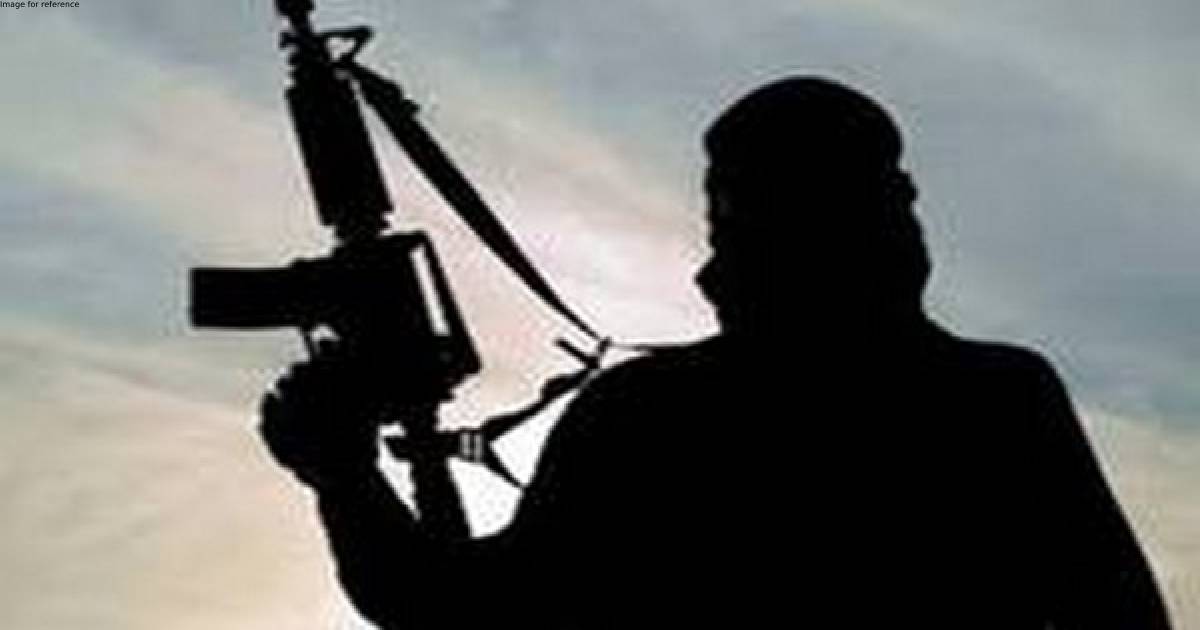
Karachi: The Sindh Rangers and police in a joint operation claimed to have arrested two terrorists belonging to the outlawed Tehreek-e-Taliban Pakistan (TTP) group, ARY News reported on Sunday.
According to the Rangers spokesperson, the joint operation was conducted on the basis of intelligence, leading to the arrest of Muhammad Kamal Khan and Abudul Qadir, ARY News reported. The spokesperson said that the arrested terrorists were involved in the extortion and target killing of traders in various parts of Karachi, including the Sadr, Mangopir, and Banaras areas.
According to details provided by Rangers, the accused used to receive instructions from a TTP terrorist, Afsar Khan alias Arshad, who is based in Afghanistan. The arrested terrorists would provide mobile numbers of local businessmen in Karachi to Afsar Khan in Afghanistan, ARY News reported.
During the initial investigation, the accused confessed to sharing the mobile numbers of Karachi's five businessmen with their boss in Afghanistan. They also confessed to giving extortion slips and killing two businessmen for non-payment of extortion money.
The spokesperson stated that the terrorists have been handed over to the police for further interrogation.
Notably, to root out terrorism from the country, Pakistan on Friday announced an all-out anti-terror operation against banned outfits, reported Geo News.
The development came after a two-hour-long National Security Committee (NSC) meeting comprising the country's top civil and military leadership -- with Prime Minister Shehbaz Sharif in the chair, a statement from the PM's Office said, ARY News reported.
The recent spurt in clashes between terrorists and the police in Pakistan after the failure of a ceasefire with the outlawed Tehreek-e-Taliban Pakistan (TTP) reflects the precarious security situation in the country, ARY News reported.
This all-around and comprehensive operation to eliminate the scourge of terrorism in all its forms from Pakistan will also include efforts at the political, diplomatic, security, economic, and social levels. (ANI)



